Data Types in Go language
Data type defines a set of related values, describe the operations that can be done on them and define the way the stored in memory.For example: Suppose you have a Car of VW Polo, but a car can be of any other company with some other basic and some advanced features.
But if we called a name Car, then in your mind a picture is created that there is a vehicle with 4-wheels and steering. Each car has some features like the color, company, make, model etc.
Types in programming work in a similar way, For example, "Hello World" is a string and every string have some length.
Numbers
Go Comes with different types to represent numbers, Numbers can be categorized into two broad categories...Integer
The integer represents only those numbers which don't include any decimal places and can be of any positive and negative numbers.
Example : {1, 3, -4, 11, 123, 534} all are integer numbers
Go's integer type can be uint8, uint16, uint32, uint64, int8, int16, int32, and int64. 8, 16, 32 and 64 represents the number of bits each of data type uses.
uint means "Unsigned integer" which only includes positive integers, whereas int means "signed integers" which includes positive and negative both numbers.
Following table represents unsigned integral data types along with their allowed range.
| Data Type | Memory Used | Range |
|---|---|---|
| uint8 | 8 bits | 0 to 28-1 (0 to 255) |
| uint16 | 16 bits | 0 to 216-1 (0 to 65535) |
| uint32 | 32 bits | 0 to 232-1 (0 to 4294967295) |
| uint64 | 64 bits | 0 to 264-1 |
Following table represents integral (signed) data types along with their allowed range.
| Data Type | Memory Used | Range |
|---|---|---|
| uint8 | 8 bits | -27 to 27-1 (-128 to 127) |
| uint16 | 16 bits | -215-1 to 215-1 (-32768 to 32767) |
| uint32 | 32 bits | -231-1 to 231-1 (-2147483648 to 2147483647) |
| uint64 | 64 bits | -263-1 to 263-1 |
In Go int8, int32 are alias byte and rune respectively. Also there are 3 machine dependent data types uint, int, uintptr. They are machine dependent because their size depend on the machine architecture in which you program is running.
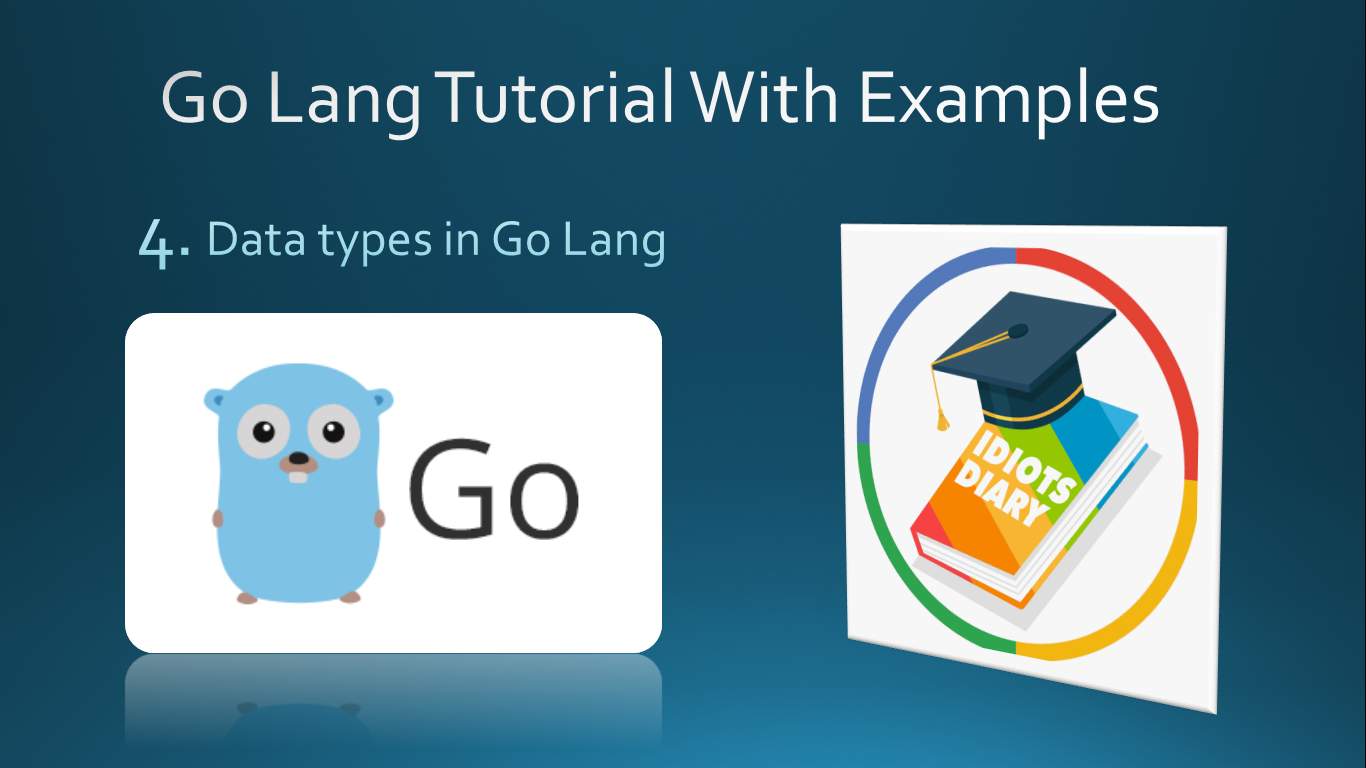
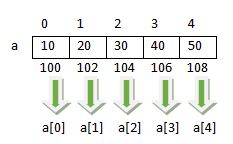
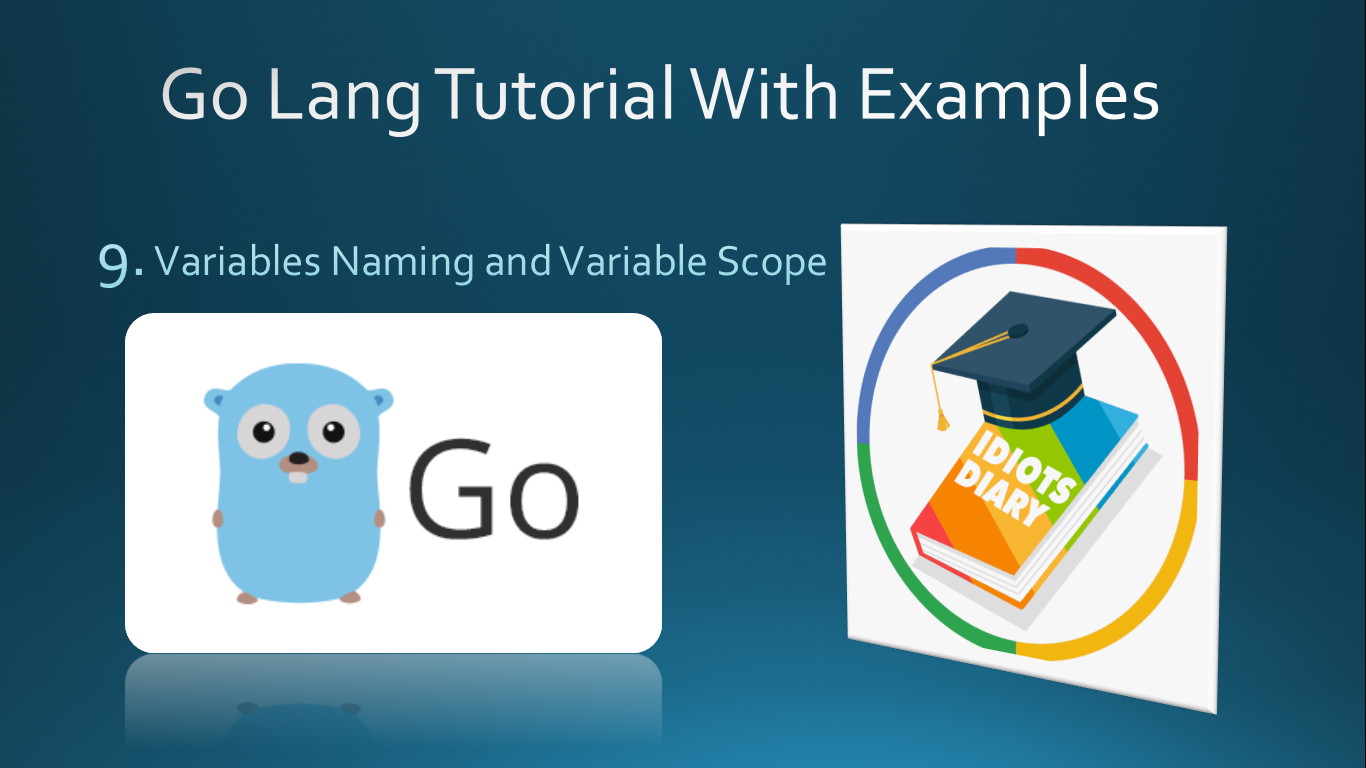

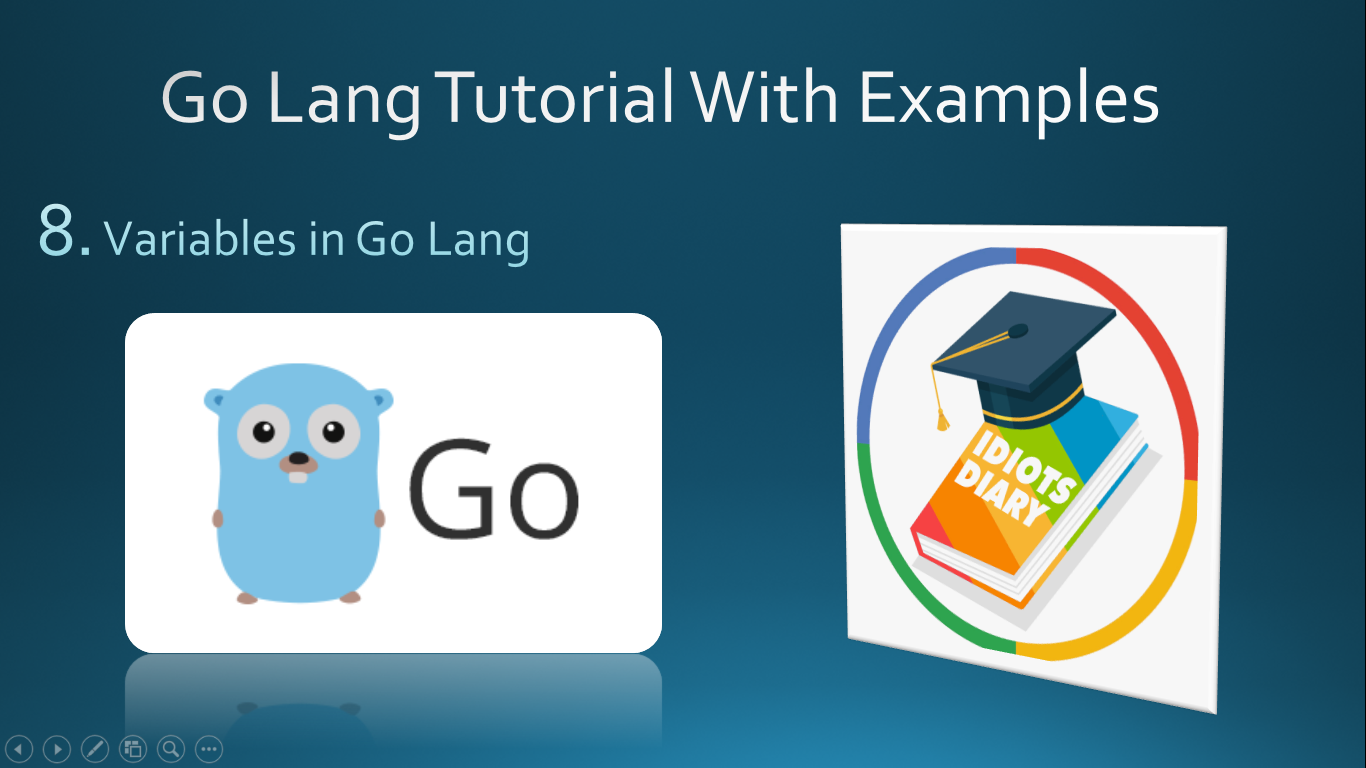

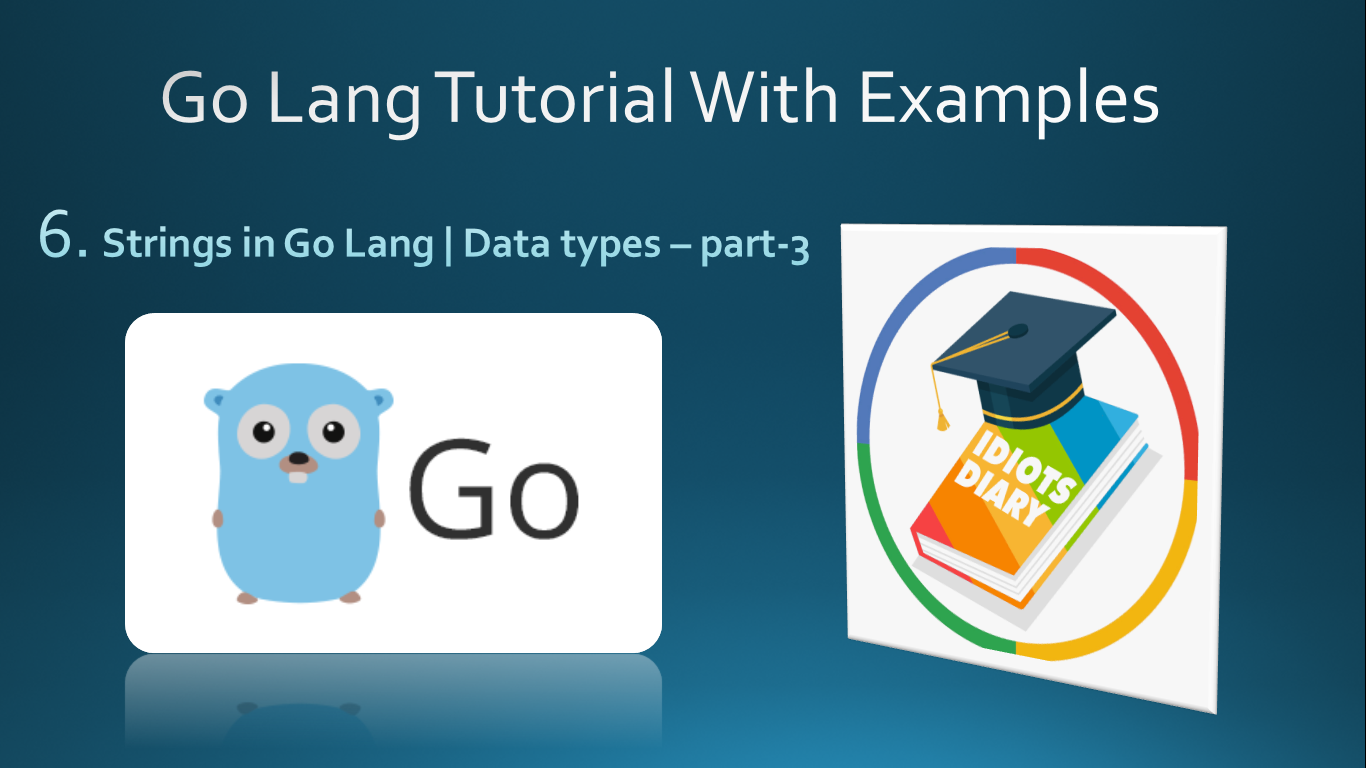

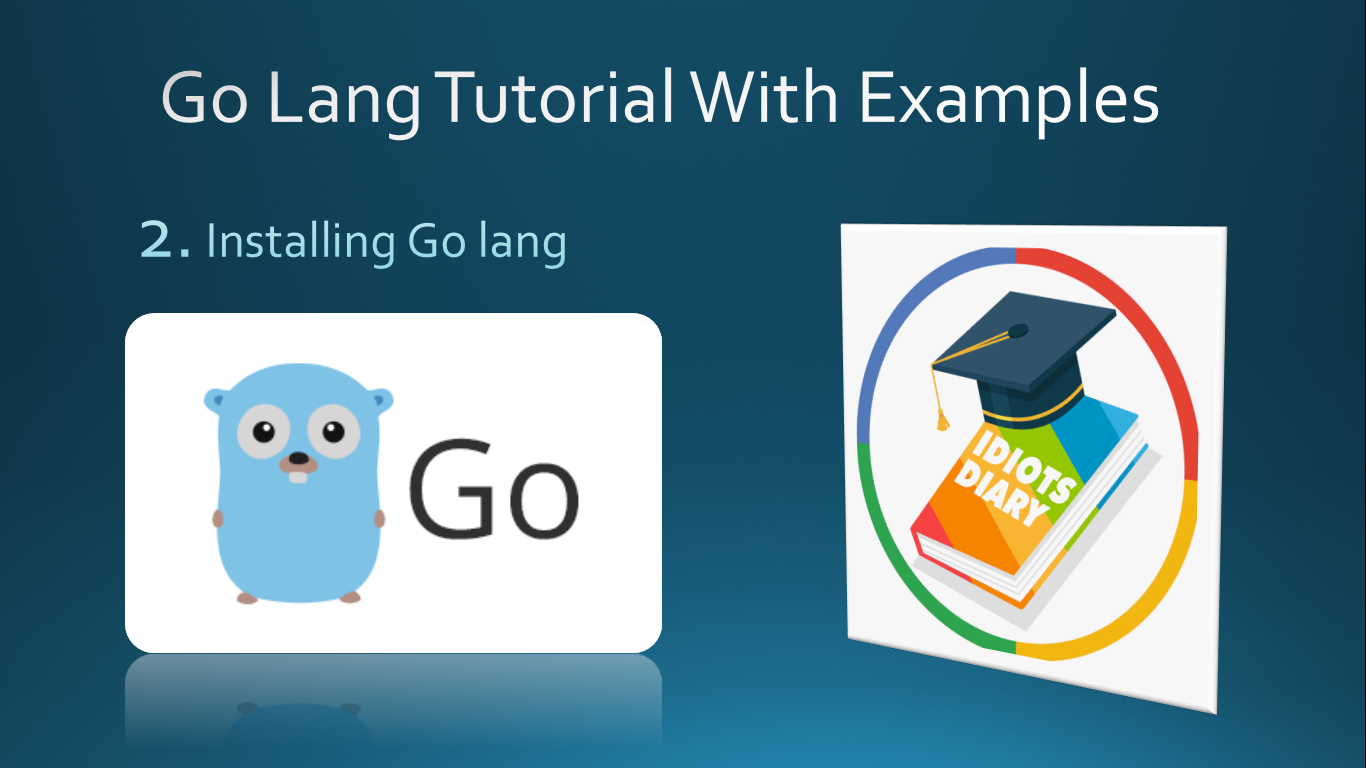
Comments